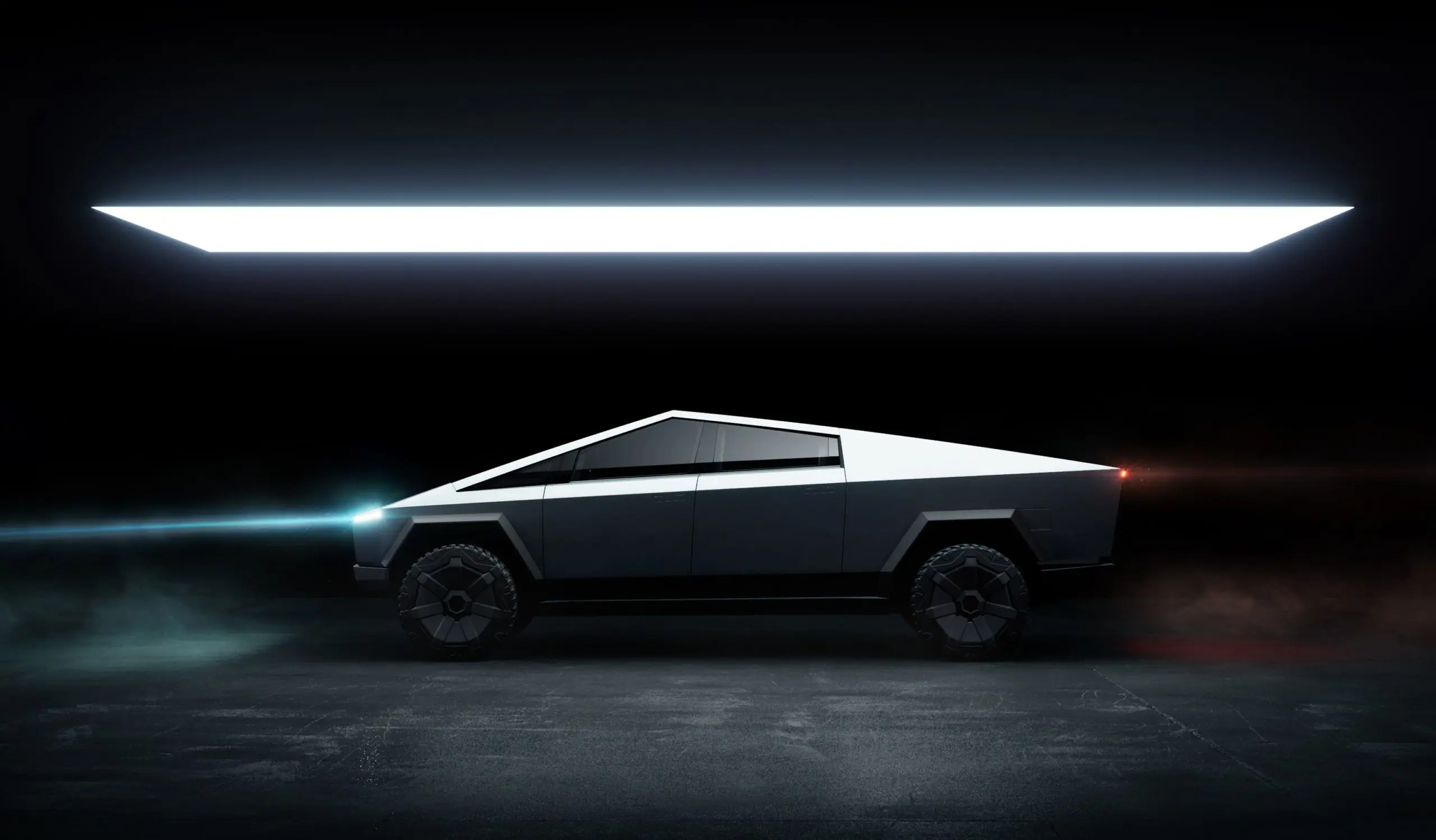Panasonic is claiming that it has developed a new technology that increases battery energy density by 20 percent.


Panasonic announced a new technology breakthrough that allows more energy-dense battery cells to be produced, Reuters reported. Japanese lithium-ion battery manufacturer has kept improving its tech, as this new development will surely challenge its rivals across the Pacific. Panasonic plans to achieve a 20 percent higher energy density by implementing a new mix of additives into its NCA cells.
Tesla has been challenging its battery partner for further improvements ever since they first collaborated. This new improvement will allow Tesla vehicles to offer more than 62 miles, or 100 kilometers of range, without increasing the battery weight. As of today, Panasonic can produce NCA cells that offer 750 Wh/liter volumetric and 271 Wh/kg gravimetric energy density. According to Shoichiro Watanabe, chief technology officer of the Japanese firm, their latest tech will allow battery cells to have a higher nominal voltage than 3.6-3.7V, as a result, hold 20 percent more energy. That makes energy density go above 300 Wh/kg in the next few years.
A battery pack filled with Panasonic’s latest lithium-ion cells can allow Tesla Model Y to travel up to 100 kilometers more when fully charged. The additives that Panasonic planning to use will simply help NCA (Nickel cobalt aluminum) cells to endure higher nominal voltage levels, store more electrical energy, and perform as better as the current formula.
Panasonic will not only implement a new tech into its cells but also adopt Tesla’s famous 4680 cell design. The large cylindrical cell form will help Panasonic improve energy density even more. Tesla is currently producing 4680 NMC cells at its Kato Road and Giga Texas plants.
4680 cells will be a part of the new structural battery pack used inside the Texas-made Tesla Model Y. Energy-dense cell design increases the rigidness of the vehicle, and reduces the overall weight by simply eliminating the need for many additional chassis parts that typical battery packs need to be attached.
Elon Musk has plans to implement this new structural battery pack into other vehicles such as Model 3 and Cybertruck. To supply the necessary battery cells, Tesla invited numerous battery producers, including Panasonic, LG Chem, and Guoxuan High-Tech to join Tesla on its mission to larger battery cells. We will surely see 4680 cells inside battery packs more often in the near future, and the Japanese tech giant will not give up easily on its leading position as the main battery supplier of Tesla.